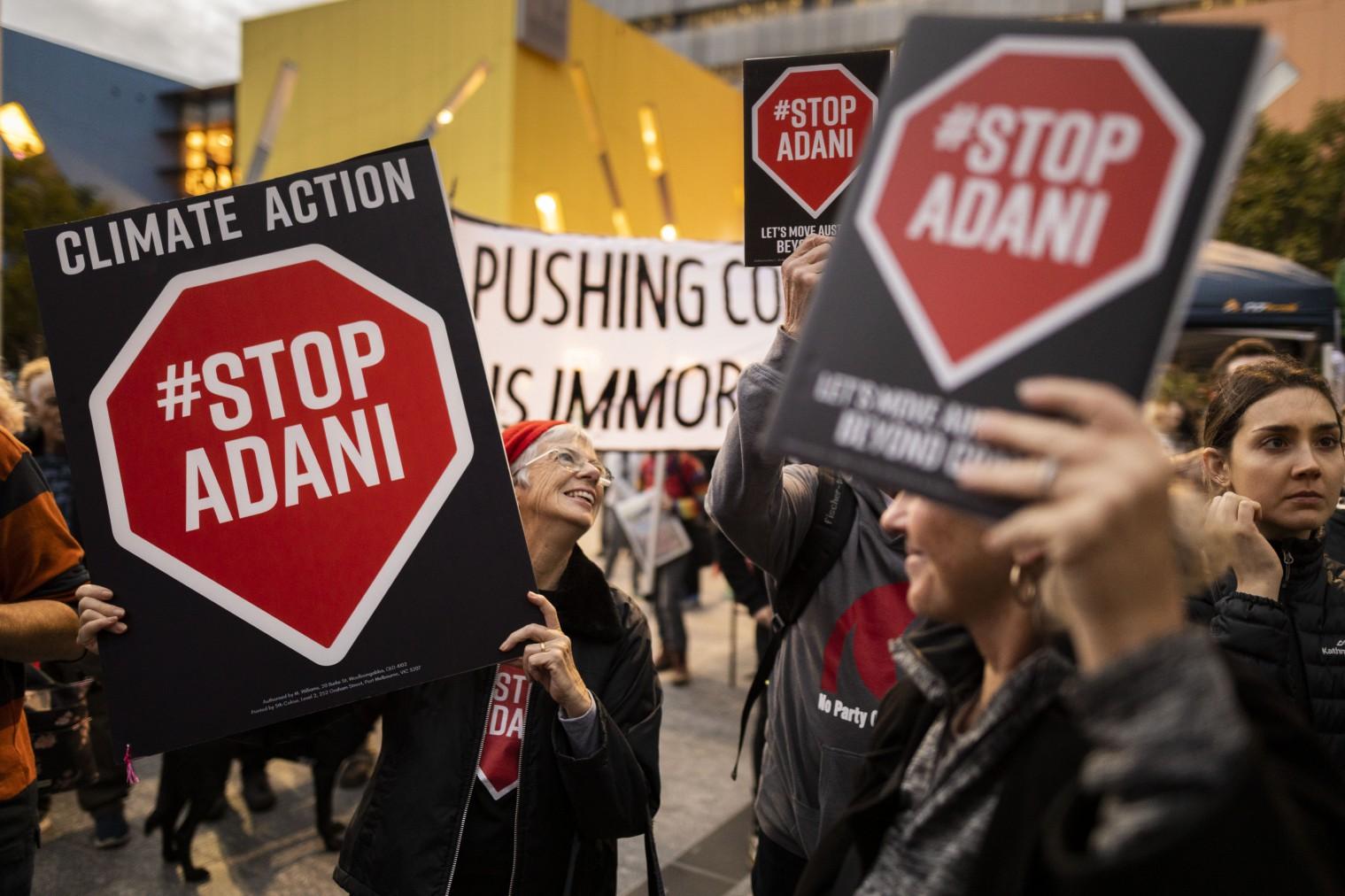Australia strips legal status of indigenous lands to build coal mine
'We have been made trespassers on our own country,' say community leaders

Your support helps us to tell the story
This election is still a dead heat, according to most polls. In a fight with such wafer-thin margins, we need reporters on the ground talking to the people Trump and Harris are courting. Your support allows us to keep sending journalists to the story.
The Independent is trusted by 27 million Americans from across the entire political spectrum every month. Unlike many other quality news outlets, we choose not to lock you out of our reporting and analysis with paywalls. But quality journalism must still be paid for.
Help us keep bring these critical stories to light. Your support makes all the difference.
A vast swathe of traditionally indigenous land has been stripped of its legal protections in Australia so it can be mined.
More than 1,385 hectares of Wangan and Jagalingou country in Queensland has had its officially-recognised native title extinguished so proposed coal pits can be developed in the state’s Galilee Basin.
The land, which includes areas used for traditional ceremonial purposes, has been granted freehold to the Adani Group, a vast Indian-owned multinational which specialises in mining.
The ruling – made by the state government without announcement – means protesters fighting the industrialisation can effectively be arrested for trespass on their own land, The Guardian reports.
“We have been made trespassers on our own country,” said Adrian Burragubba, the W&J Council leader who was told of the extinguishing during a meeting with state officials.
“Our ceremonial grounds, in place for a time of mourning for our lands as Adani begins its destructive processes, are now controlled by billionaire miner Adani.”
The development of the entire project – first proposed in 2011 – has been hugely controversial from day one.
It has caused anger not only among indigenous people but also among climate activists, who say new fossil fuel industries should not be being waved through, and other Queensland residents who are concerned it could disrupt water supplies.
There have been several mass demonstrations against the project in the state capital, Brisbane.
To mine any land under a native title in Australia, a company needs an Indigenous Land Use Agreement, essentially a contract that allows the state to end native title.
Although seven of the 12 native claimants had agreed to the mines being developed, five remained opposed. They have lost successive legal challenges.
But Mr Burragubba said the new developments would not stop his people attempting to defend the land.
He said: “We will never consent to these decisions and will maintain our defence of country.
“We will be on our homelands to care for our lands and waters, hold ceremonies and uphold the ancient, abiding law of the land.”
In a statement, Adani said it had worked closely with the traditional owners of the proposed mine’s site since 2011 “to ensure the customs and wishes of Indigenous people are respected and supported”.
Subscribe to Independent Premium to bookmark this article
Want to bookmark your favourite articles and stories to read or reference later? Start your Independent Premium subscription today.
Join our commenting forum
Join thought-provoking conversations, follow other Independent readers and see their replies
Comments